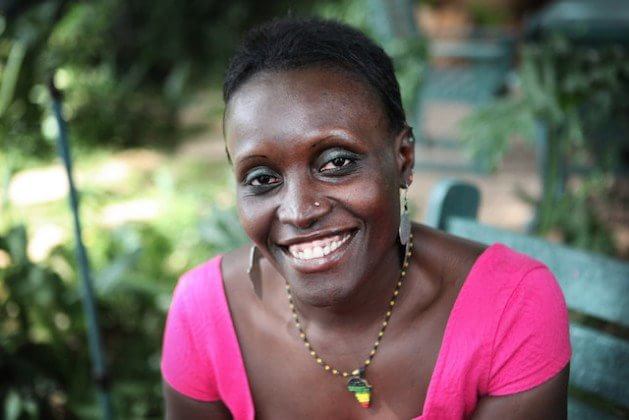Women are a minority on every major committee of the United Nations’ own top climate change decision making group.
London’s Waterloo Bridge over the River Thames is famously known as the “Ladies Bridge,” for it was built largely by women during the height of World War II. On another continent, women fighting a different war have built an equally remarkable structure: a 3,300-meter anti-salt dyke constructed by a women’s association in Senegal to reclaim land affected by rising levels of salt water.
These women are on the front-line of the fight against climate change, and their ingenuity and resolve resulted in a singular victory. The project allowed the revitalization of rice-growing activities and the re-generation of natural vegetation over 1,500 hectares, and benefiting over 5,000 people in Senegal.
Women are a minority on every major committee of the United Nations’ own top climate change decision making group. To read more about this article please click here.

Esther Ngumbi is a post-doctoral researcher at the Department of Entomology and Plant Pathology at Auburn University in Alabama. She serves as a 2015 Clinton Global University (CGI U) Mentor for Agriculture and is a 2015 New Voices Fellow at the Aspen Institute.


